by Darma Kamenetz
A Note from the Editors: We, like many of you, have found recent events in our city and our neighborhood very disturbing. These events require our response, and such response needs to use strategies of both law enforcement and community engagement. MRIA can help guide and facilitate these responses.
As Ms. Kamenetz so aptly states, isolation will never work. We need to care now more than ever. Care for the victims, care for each other, and care for others in our community so that they don’t become people who can rape, rob and assault. Please email us your thoughts at bhbeditormail@gmail.com. We are currently developing an on-line managed editorial/op-ed space for the Bulletin. An open dialogue of ideas and actions will provide hope and direction.
Lately, I’ve had a lot of explaining to do. Not when I’m home in Bolton Hill, but pretty much any place else. Even when we moved here five years ago, it took some explaining. “Baltimore?” friends would ask, trying to keep the concern out of their voices. We had a contemporary dream house in Annapolis—who would choose a row house in a second- tier city over that? But the truth is, it was a choice. Our kids were leaving home and we thought life in Bolton Hill might offer something beyond the bubble of predictability that had begun to define the suburbs for us. It has.
Then our city erupts in riots. Helicopters churn the skies, sirens scream day and night. On CNN, images of chaos are nothing less than terrifying. A friend in Germany asks me what the hell is going on. In New York, the taxi cab driver gives us a pitying look when we tell him where we’re from. The city that I have grown to love, which days ago seemed on the verge of a true renaissance, now suddenly seems in grave danger. This time friends don’t try to hide the concern in their voices: “Are you OKAY?” they ask. Now it’s my turn to try to keep feeling out of my voice. “Yes, we’re fine,” I say. “It’s not us you need to worry about.” I admit that I feel defensive. And I feel something else too, something harder to define.
The question of whether the city is safe isn’t new. But after five years of living here, I feel safe enough. I have learned to walk the streets like I own them. I have learned to look directly into people’s eyes, even people who don’t look so nice. Eye contact, I have come
to believe, fosters a kind of neutrality. I have also come to believe that living in isolated communities—where you cut yourself off from what seems dangerous—does not make you feel safer. The most anxious people I know live in the most secluded suburbs or behind the bars of gated communities. The cure seems only to have incubated the disease; these supposed sanctuaries become hothouses for worry. And this makes sense. When you try to draw a line between what’s safe and what’s not, don’t you immediately begin to fret about the line itself? Is it high enough, wide enough, strong enough? Could it ever be?
But now, I question my own smugness. Haven’t I also drawn a line between my neighborhood and the ones just to the west of me, where kids grow up on streets where planks of wood are nailed up where a window with curtains should be? Haven’t I drawn a line between strangers in my world of care and strangers I couldn’t care less about? I moved here because I wanted to leave the bubble of suburban life. Yet my first impulse after the riots was to assure everyone that in our neighborhood, where we live, everything is fine. Well, that’s simply not true. Everything is not fine in Bolton Hill.
Everything is not fine in Baltimore City. And everything is not fine in the surrounding counties either.
We can’t be fine, because this is one world and its problems are ours. There is no boundary high enough, wide enough or strong enough to keep this from being true. We need to stop pretending problems exist outside our bubble. What we need to fear most is not the danger that arrives like a bomb. We need to fear the danger that seeps into us like disease on a cellular level. What infects us is our own indifference. That is something we can do something about. It’s simple. We can care.
